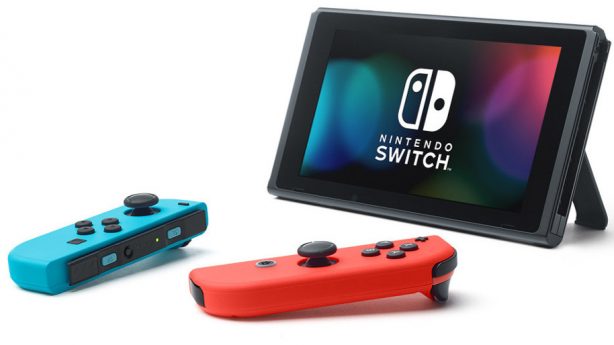Throughout 2018, European consumer rights authorities began taking a closer look at Nintendo and its digital eShop refund policies. The Norwegian Consumer Council (NCC) got the ball rolling by saying that Nintendo’s strict no-refund policy was against EU consumer protection laws. Since Nintendo of Europe is based in Germany, the case was handed on to German regulators.The trial has been on-going for a while but now, a Frankfurt-based court has sided with Nintendo.
German consumer protection authority, VZBV, and Nintendo, began trial proceedings in late 2019. During this stage, Nintendo's lawyers successfully argued that the eShop's ‘no refund' policy is protected by Article 16 of the EU consumer law directive, which allows customers to waive their right to a refund as long as consent is given before purchase. When buying digital games from the Nintendo eShop, users are required to tick a box that says “I consent that Nintendo begins with the performance of its obligations before the cancellation period ends. I acknowledge that I thereby lose my right to cancel”.
Because Nintendo pre-loads game files immediately at the time of purchase, this is seen as ‘performance has begun', thus moving beyond the stage where consumer law would allow a refund. The Norwegian Consumer Council tried to argue that a right to a refund should be allowable right up until the software can actually be launched.
As reported by PressFire, the Regional Court of Frankfurt has sided with Nintendo in this case, making the ‘no refund' policy lawful. Both Germany's Federation of German Consumer Organisations and the NCC have appealed the ruling, so the case will return to court at some point in 2020.
The NCC has also previously said that if the case fails in Germany, it will escalate to EU courts in an effort to clearly establish the term “performance has begun” in regards to digital purchases.
Discuss on our Facebook page, HERE.
KitGuru Says: I think most of us would agree with the NCC here. What's particularly odd here is that companies like Valve have been forced into allowing digital refunds, while home console makers have largely been able to get away with no refund policies. With that in mind, it will be interesting to see where the arguments go from here.
 KitGuru KitGuru.net – Tech News | Hardware News | Hardware Reviews | IOS | Mobile | Gaming | Graphics Cards
KitGuru KitGuru.net – Tech News | Hardware News | Hardware Reviews | IOS | Mobile | Gaming | Graphics Cards



